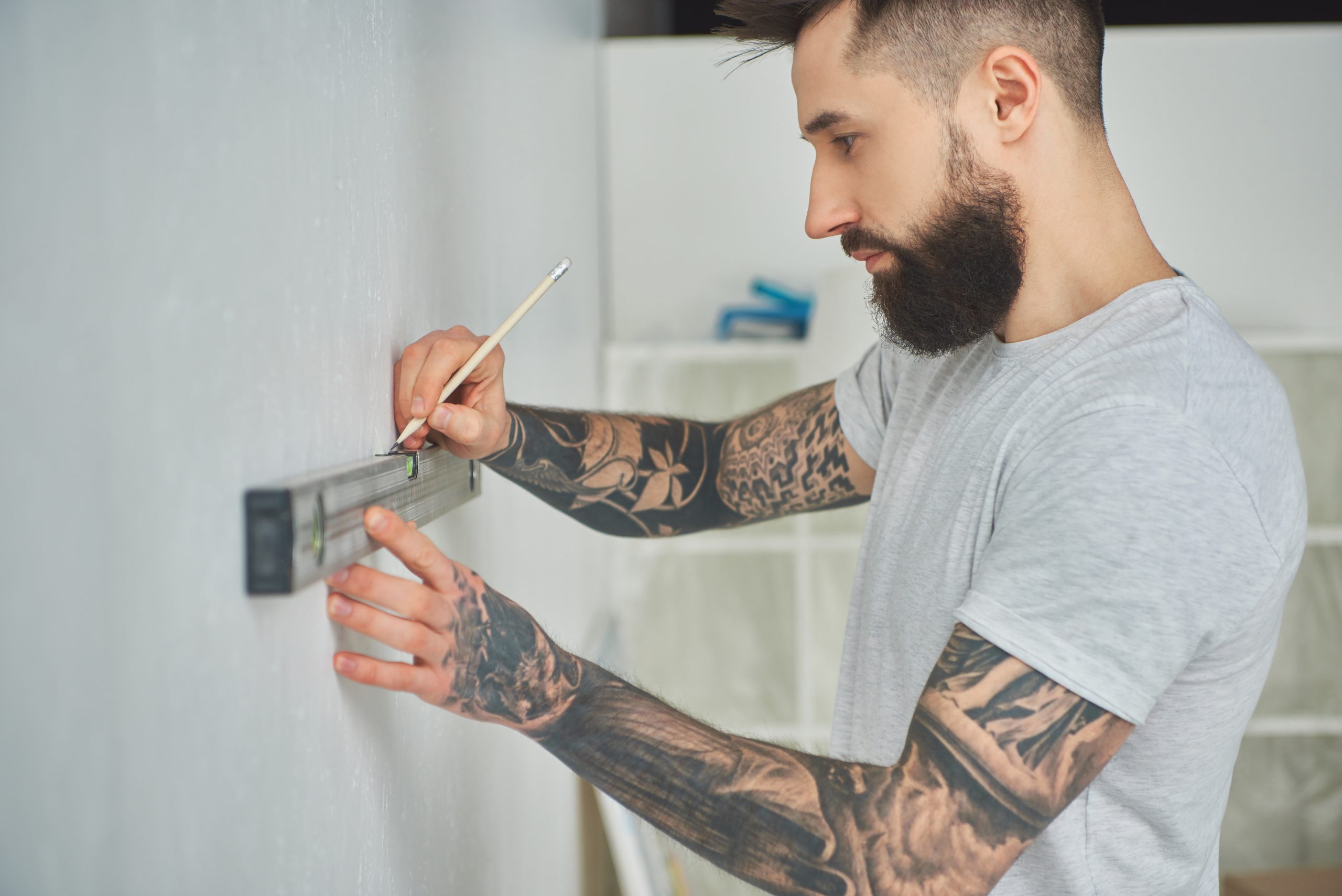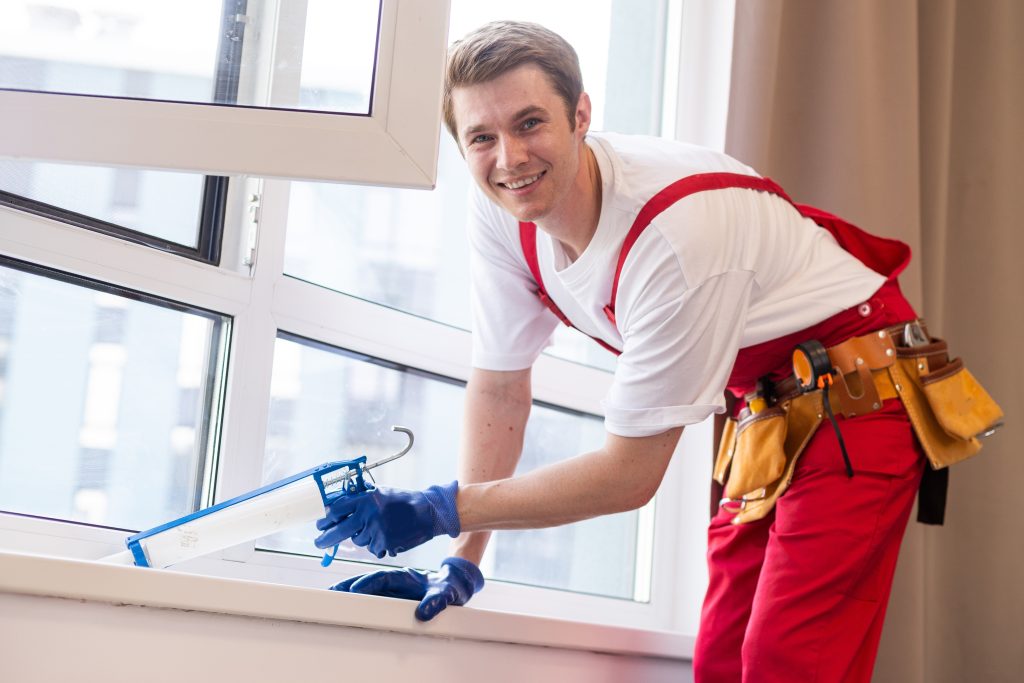Real Estate Experts: These Home Upgrades Are a Waste of Money

Real Estate Experts: These Home Upgrades Are a Waste of Money
When upgrading your home, you want to make smart decisions. Whether you’re looking to increase the value of your property for resale or enhance your living space, certain home improvements may seem appealing but ultimately aren’t worth the investment. Some upgrades can reduce your home’s value or take years to see a return.
As a homeowner, you likely want to get the most bang for your buck regarding home renovations. While some upgrades undeniably add value, others simply aren’t worth the money. Understanding which upgrades to avoid can help you make more informed decisions that align with your long-term goals.
1. Swimming Pools
While the idea of having a pool in your backyard may sound like a dream come true, it’s often not a wise investment, especially if you’re considering selling your home in the near future.
Real estate professionals frequently point out that adding a pool to your property rarely provides a high return on investment. A pool can often decrease the value of your home or make it harder to sell. The reason? Not everyone is a fan of having a pool, and in many cases, prospective buyers may see it as more of a liability than an asset.
Here are a few reasons why a pool might not be a good idea:
- Maintenance Costs: Pools require constant upkeep, which can be expensive. From cleaning and balancing chemicals to repairs and seasonal closures, maintenance can add up quickly.
- Safety Concerns: Pools can pose safety risks, especially for families with young children or pets. This may turn off potential buyers.
- Climate Considerations: If you live in a region with colder climates or one that experiences harsh winters, a pool might only be usable for a few months out of the year, making it less appealing to most buyers.
If you’re still set on having a pool, consider the long-term costs involved, and keep in mind that it may not give you a significant boost when you decide to sell.
2. High-End Kitchen Remodels
A beautiful kitchen is often considered the heart of the home, but when it comes to remodeling, not every improvement will pay off in the long run. Real estate experts frequently warn against splurging on overly luxurious or custom features that may not have widespread appeal.
For example, high-end appliances, marble countertops, and designer cabinetry might seem like good ideas, but they may not provide the value return you expect. Here are a few reasons why:
- Over-improvement: If your kitchen upgrade puts your home far out of alignment with the average home in your neighborhood, you may struggle to recoup the costs when you sell.
- Personal Taste: Luxury appliances or high-end finishes often cater to personal preferences, and not every buyer will appreciate the extra touches. What’s appealing to you may not be as important to others.
- Cost vs. Value: While an upgraded kitchen can certainly increase your home’s appeal, it’s important to weigh the cost against the potential return. In some cases, a less expensive remodel could deliver the same aesthetic without the high price tag.
Instead of splurging on high-end materials, consider more practical upgrades like modern lighting, updated hardware, and energy-efficient appliances. These upgrades offer a good return on investment without breaking the bank.
3. Incorporating Overly Customized Features
Customization can add personality and uniqueness to your home, but when it comes to resale value, the more personalized your space is, the fewer buyers you’ll have. Real estate experts caution against spending too much on customized features that could limit the appeal of your home.
Some examples of customizations that might be difficult to recover costs on include:
- Unique wall treatments: Bold wallpaper or custom murals may suit your taste, but they can be a turn-off for buyers who prefer a more neutral canvas.
- Personalized landscaping: Exotic plants or themed gardens may look great to you, but they may not appeal to everyone and could be costly to maintain.
- Home theaters or game rooms: While these can be great for family entertainment, they don’t always add significant value to a home. Not every buyer is interested in dedicated spaces like a home theater, and some may even see them as wasted square footage.
Before investing in any highly customized features, take a step back and think about the potential resale implications. It’s often better to stick with more neutral designs that allow future homeowners to make the space their own.

4. Expensive Landscaping
A beautifully landscaped yard can increase your curb appeal and make your home more inviting. However, when it comes to landscaping, there is such a thing as going overboard. Spending excessively on landscaping—especially with exotic or high-maintenance plants—may not be the best use of your resources.
Here’s why expensive landscaping often doesn’t provide a great return on investment:
- Maintenance Costs: Like a pool, expensive landscaping requires ongoing care. High-maintenance plants and hardscapes can be costly to maintain, especially if you don’t have the time or resources to handle them yourself.
- Personal Taste: Landscaping, like interior design, is subjective. What you find beautiful may not resonate with all buyers, and overly extravagant landscaping can come across as excessive or hard to manage.
- Minimal Impact on Property Value: While landscaping can improve curb appeal, experts suggest that you don’t need to spend a fortune to make a difference. Simple upgrades like a well-mowed lawn, neat flower beds, and a tidy driveway are often sufficient to make your home look attractive.
Focus on practical, low-maintenance landscaping that adds charm without overwhelming your budget.
5. Home Office Renovations
The rise of remote work during the pandemic led many homeowners to invest in home office spaces. While a dedicated office can certainly improve your daily life, it may not offer the return on investment you’re hoping for if you’re planning to sell soon.
Here’s why a home office renovation may not be a great investment:
- Personal Use vs. Resale Value: A custom office space might be great for your needs, but it may not appeal to all buyers. Not every potential buyer will need or want an office in the home, and they may prefer to use the space for something else, like a bedroom or a guest room.
- Cost of Renovation: Depending on how extensive the remodel is, you may end up spending more than what the office space will add to your home’s value. In many cases, converting an existing room into an office is sufficient, without the need for extensive renovations.
- Limited Market Appeal: If you live in an area with a large percentage of remote workers, a home office may be a selling point, but for the majority of buyers, it may not be a high priority.
If you’re working from home, you can likely make do with a more modest home office setup that doesn’t require extensive renovation. When it comes to selling your home, try to keep the space adaptable for a variety of potential buyers.
6. Luxury Bathroom Remodels
Just like with kitchens, bathrooms are one of the most important rooms in your home. However, luxury bathroom remodels are another example of an upgrade that doesn’t always provide the return on investment you expect. Expensive features like high-end bathtubs, marble counters, or top-tier fixtures may look appealing, but they don’t always translate to a higher home value.
Here are a few reasons why:
- Over-the-top features: Installing high-end fixtures or luxury features like rain showers or custom vanities might not attract the average homebuyer. Many buyers prefer functional, neutral bathrooms that they can update to their tastes.
- Disproportionate Investment: Spending a large sum on a bathroom remodel that doesn’t align with the value of your home or neighborhood can make it difficult to get a good return when selling.
- Buyers’ Preferences: Not every buyer prioritizes bathrooms, especially luxury ones. Some buyers may see an extravagant remodel as a turnoff or unnecessary.
Instead, focus on more cost-effective bathroom upgrades that improve functionality and appearance, such as updated lighting, modern fixtures, or fresh paint.
7. Converted Garages
Converting a garage into a living space might seem like a good way to add square footage to your home, but it can hurt your property value in certain circumstances. A garage is a valuable feature for many homebuyers, and converting it into a bedroom, office, or entertainment area might turn off potential buyers who prioritize parking and storage space.
Here are some considerations:
- Loss of Functionality: Many buyers will see a garage as essential for storing vehicles, tools, and other household items. Converting the garage into a living space can make your home less appealing to these buyers.
- Neighborhood Expectations: If other homes in your area have garages, a converted garage may lower the overall value of your home, making it less competitive when selling.
If you’re considering converting a garage, weigh the potential benefits against the costs and think about whether the change would align with the preferences of potential buyers in your area.
8. Overly Expensive Flooring
Flooring is one of the most visible aspects of any home, and while new floors can make a big impact, expensive flooring may not always provide a great return on investment. High-end materials like exotic hardwoods or polished marble might be beautiful, but they can come with hefty price tags, and the appeal might not be universal.
Consider the following:
- High Maintenance: Some luxurious flooring materials require regular maintenance or special care. Buyers might be hesitant about the upkeep or the cost involved in maintaining high-end floors.
- Over-improvement: Like other upgrades, flooring that’s too expensive for your neighborhood could be seen as an unnecessary luxury. The return on investment might not be worth the initial cost.
Instead, consider durable, mid-range flooring options like engineered wood or laminate, which can look great and offer excellent value.
9. Excessive Smart Home Features
While smart home technology is certainly growing in popularity, investing too much in advanced features may not always be a wise decision. Many of the newer smart home technologies are still evolving, and not every buyer will prioritize these features.
Here are some factors to consider:
- Niche Appeal: Some buyers may not be familiar with or interested in smart home technology. While smart thermostats, lighting, and security systems may be useful, they might not drive up the value of your home significantly.
- High Installation Costs: Setting up a comprehensive smart home system can be expensive, and the return on investment may not justify the cost.
- Future Uncertainty: As technology rapidly changes, some smart features might become outdated before you can sell your home. What’s cutting-edge today could seem outdated tomorrow.
Instead, focus on affordable upgrades that improve functionality and appeal, like energy-efficient appliances or basic smart features that enhance convenience without overwhelming potential buyers.
Conclusion: Make Smart Upgrades That Add Real Value
Upgrading your home is an exciting way to enhance your living space and increase the property’s value. However, as you’ve learned, not all upgrades provide a significant return on investment. By avoiding these common pitfalls—such as luxury remodels, over-the-top customization, and costly features that don’t appeal to the average buyer—you can make smart decisions that truly benefit you in the long run.
If you need financing for home upgrades or other real estate investments, GoKapital is here to help. We offer a range of financing options tailored to meet your needs. Reach out today to learn how we can assist with your next project.
By focusing on practical, cost-effective upgrades that enhance your home’s appeal without overspending, you’ll be better equipped to enjoy your home now and sell it for a great price in the future. Bottom of Form

